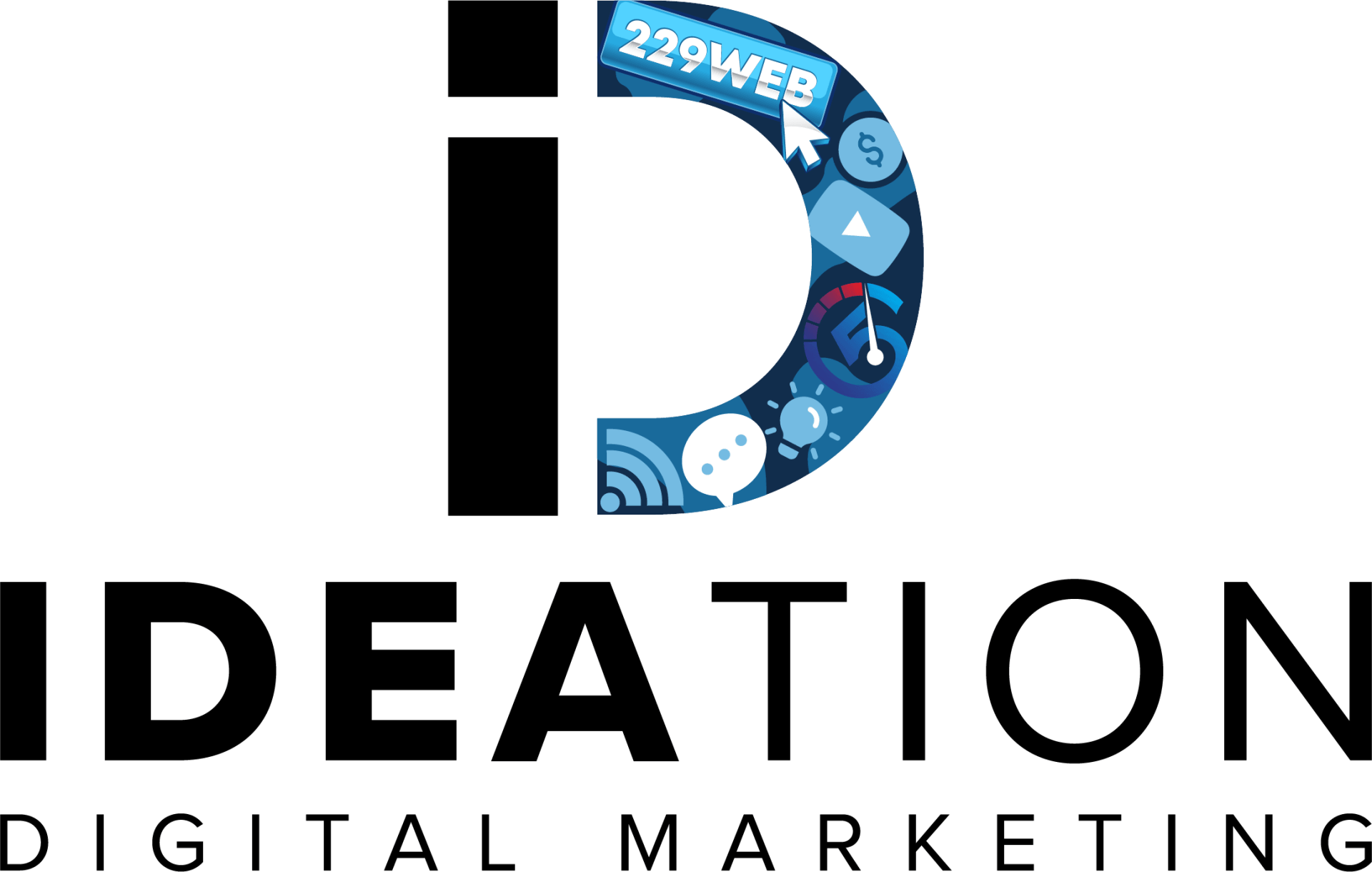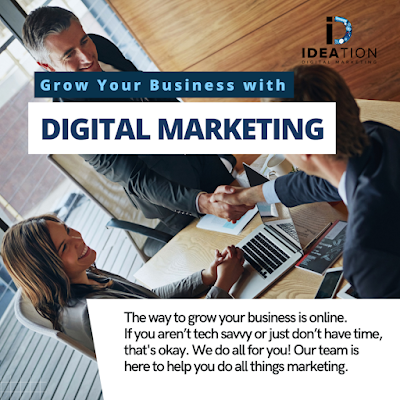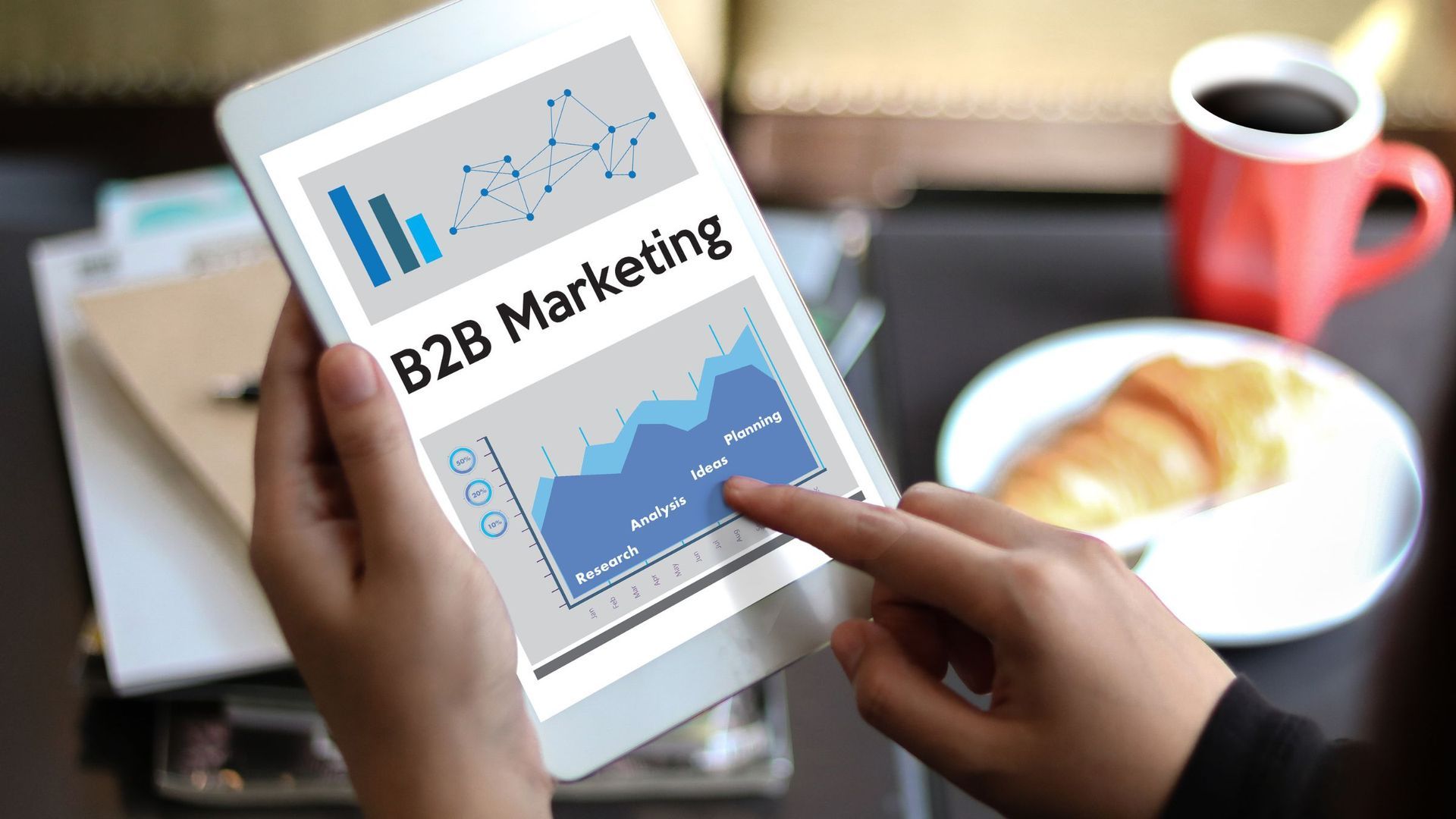222 Capitol Street, Suite 522
Charleston, WV 25301

Cracking the Code: Strategies for Navigating the Digital Marketing Funnel
In the vast landscape of digital marketing, where algorithms evolve and consumer behaviors shift at lightning speed, navigating the digital marketing funnel can often feel like deciphering a complex code. As businesses strive to reach and engage their target audience in an increasingly competitive online space, understanding the intricacies of this journey is paramount. Welcome to our blog series, "Cracking the Code: Strategies for Navigating the Digital Marketing Funnel." In this comprehensive guide, we'll delve deep into the layers of the digital marketing funnel, unveiling key strategies and tactics to help you effectively attract, convert, and retain customers in today's dynamic digital ecosystem. Whether you're a seasoned marketer seeking to refine your approach or a newcomer looking to grasp the fundamentals, join us on this enlightening journey as we decode the mysteries of digital marketing success.
Understanding the Digital Marketing Funnel: A Beginner's Guide
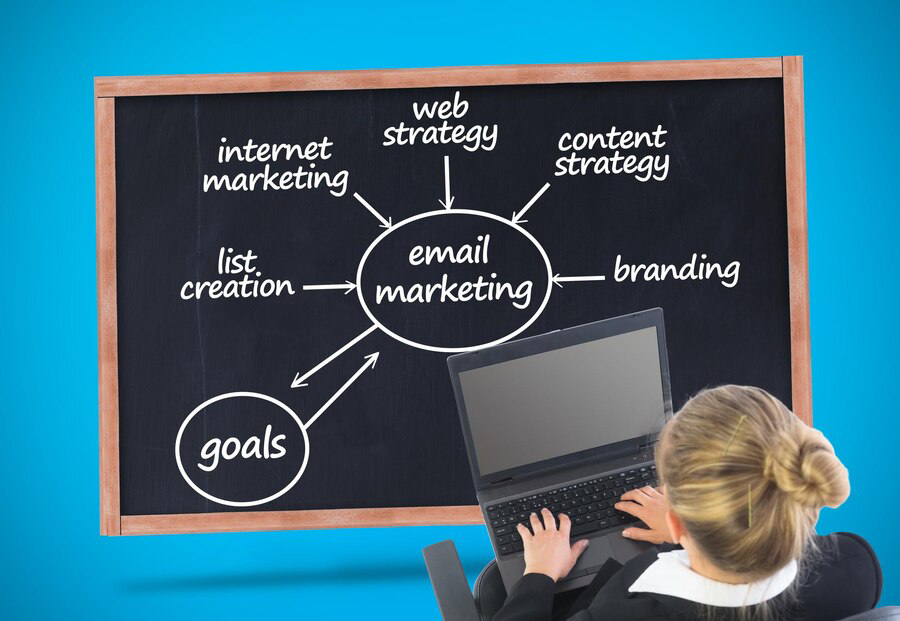
In the ever-evolving landscape of digital marketing, understanding the concept of the marketing funnel is essential for any marketer aiming to drive effective campaigns and achieve business growth. The digital marketing funnel is a model that illustrates the customer journey, from initial awareness of a product or service to the eventual conversion into a paying customer. In this beginner's guide, we'll delve into the stages of the digital marketing funnel, the strategies employed at each stage, and how businesses can leverage this framework to their advantage.
- Awareness: The awareness stage is the top of the funnel, where potential customers become aware of your brand, product, or service. At this stage, the goal is to attract the attention of your target audience and generate interest in what you have to offer. Strategies commonly used to increase brand awareness include content marketing, social media engagement, search engine optimization (SEO), and influencer partnerships. By creating valuable content, engaging with your audience on social platforms, and optimizing your online presence for search engines, you can effectively capture the attention of potential customers and introduce them to your brand.
- Interest: Once potential customers are aware of your brand, the next stage is to nurture their interest and encourage further engagement. During the interest stage, consumers are actively seeking information and considering their options. It's crucial to provide valuable content and resources that address their needs and pain points, positioning your brand as a trusted authority in your industry. Email marketing, educational content, webinars, and interactive tools are effective strategies for nurturing leads and building relationships with your audience during this stage.
- Consideration: As potential customers move further down the funnel, they enter the consideration stage, where they evaluate different solutions and weigh their options. At this stage, it's essential to provide persuasive messaging and personalized experiences that highlight the unique value proposition of your product or service. Case studies, customer testimonials, product demonstrations, and targeted advertising can help convince prospects to choose your brand over competitors and move closer to making a purchase decision.
- Conversion: The conversion stage is the ultimate goal of the marketing funnel, where leads take action and become paying customers. To optimize conversion rates, it's crucial to remove any barriers to purchase and make the buying process as seamless as possible. This may involve optimizing your website's checkout process, offering limited-time promotions or discounts, and providing clear calls-to-action that encourage prospects to take the next step. By delivering a positive user experience and addressing any concerns or objections, you can increase the likelihood of conversions and drive revenue for your business.
Future Trends in Funnel Marketing: Staying Ahead of the Curve
In the dynamic world of digital marketing, staying ahead of emerging trends is crucial for businesses looking to maintain a competitive edge and drive success. As technology continues to evolve and consumer behaviors shift, marketers must adapt their strategies to meet the changing needs and preferences of their audience. In this article, we'll explore some of the future trends in funnel marketing that are shaping the landscape of digital marketing and offer insights on how businesses can leverage these trends to stay ahead of the curve.
AI-driven Personalization
One of the most significant trends shaping the future of funnel marketing is the rise of artificial intelligence (AI) and machine learning technologies. AI-powered personalization allows marketers to deliver highly tailored experiences to individual customers based on their preferences, behaviors, and past interactions with the brand. By leveraging AI algorithms to analyze vast amounts of data, marketers can segment their audience more effectively, deliver personalized content and recommendations, and ultimately drive higher engagement and conversion rates.
Voice Search Optimization
With the growing popularity of voice-activated devices and virtual assistants like Siri, Alexa, and Google Assistant, voice search optimization is becoming increasingly important for marketers. As more consumers use voice search to find information and make purchase decisions, businesses need to optimize their content and digital experiences to be more voice-friendly. This includes optimizing website content for natural language queries, creating FAQ pages that address common voice search questions, and ensuring that business information is accurate and up-to-date across voice search platforms.
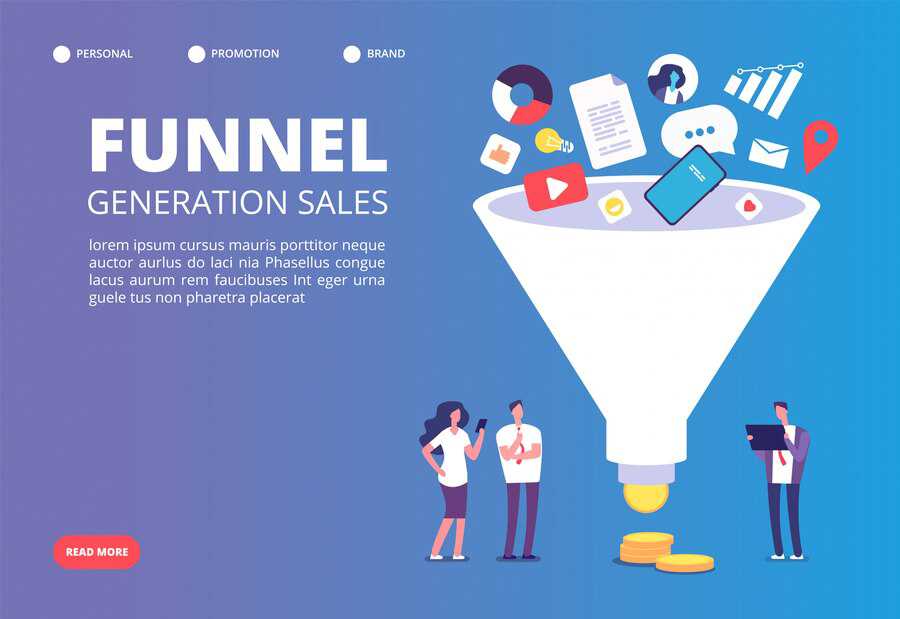
Immersive Brand Experiences
In the age of digital overload, consumers are craving more immersive and interactive brand experiences that captivate their attention and foster deeper engagement. Virtual reality (VR), augmented reality (AR), and interactive content formats such as quizzes, polls, and 360-degree videos are emerging as powerful tools for creating memorable brand experiences and driving customer engagement. By incorporating immersive elements into their marketing campaigns, businesses can differentiate themselves from competitors and forge stronger connections with their audience.
Social Commerce
As social media platforms continue to evolve beyond mere communication channels into full-fledged e-commerce platforms, social commerce is poised to become a major driver of sales and revenue for businesses. With features like shoppable posts, in-app checkout, and social shopping integrations, brands can now sell products directly to consumers through social media channels, eliminating friction in the buying process and capitalizing on impulse purchases. Marketers should prioritize building a strong social media presence and exploring new ways to monetize their social following to capitalize on the growing trend of social commerce.
Data Privacy and Ethics
As consumers become more aware of the importance of data privacy and security, businesses need to prioritize transparency and ethical practices in their marketing efforts. With stricter regulations such as the General Data Protection Regulation (GDPR) and the California Consumer Privacy Act (CCPA) in place, marketers must ensure that they collect and use customer data responsibly, respecting users' preferences and rights. By adopting a customer-centric approach to data privacy and ethics, businesses can build trust with their audience and foster long-term relationships based on mutual respect and transparency.
Conclusion
Cracking the Code: Strategies for Navigating the Digital Marketing Funnel" delves into the intricacies of optimizing digital marketing efforts to drive business growth and engagement in today's competitive landscape. Through the lens of Ideation Digital Marketing, based at 222 Capitol St. Suite 522, Charleston, WV 25301, USA, and reachable at (304) 814-2445, this comprehensive guide underscores the importance of strategic planning and implementation across the digital spectrum. By leveraging innovative techniques and staying attuned to evolving consumer behaviors, businesses can effectively traverse the digital marketing funnel, maximizing their online presence and achieving sustainable success in the dynamic realm of digital marketing.

Main Office
222 Capitol Street, Suite 522
Charleston, WV 25301
other offices
48 1/2 Second Ave, Williamson, WV 25661
20 Clinch Mountain Ave, Lebanon, VA 24266,
Contact
DIGITAL MARKETING SERVICES
All Rights Reserved | Ideation Digital
Private Policy
All Rights Reserved | Ideation Digital
